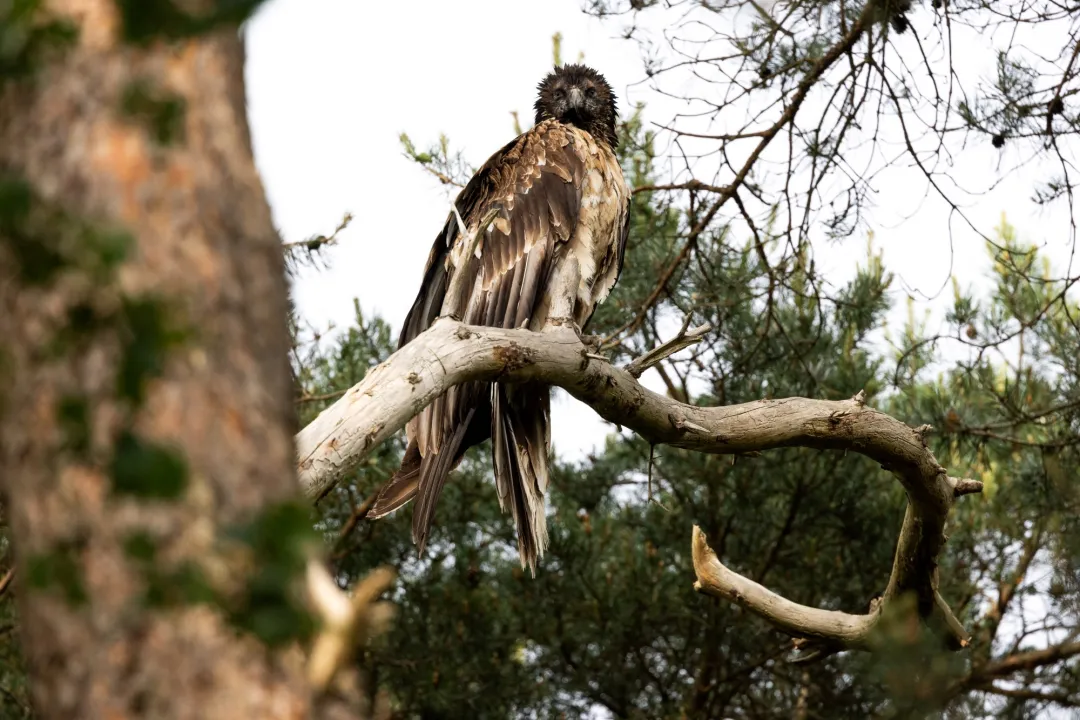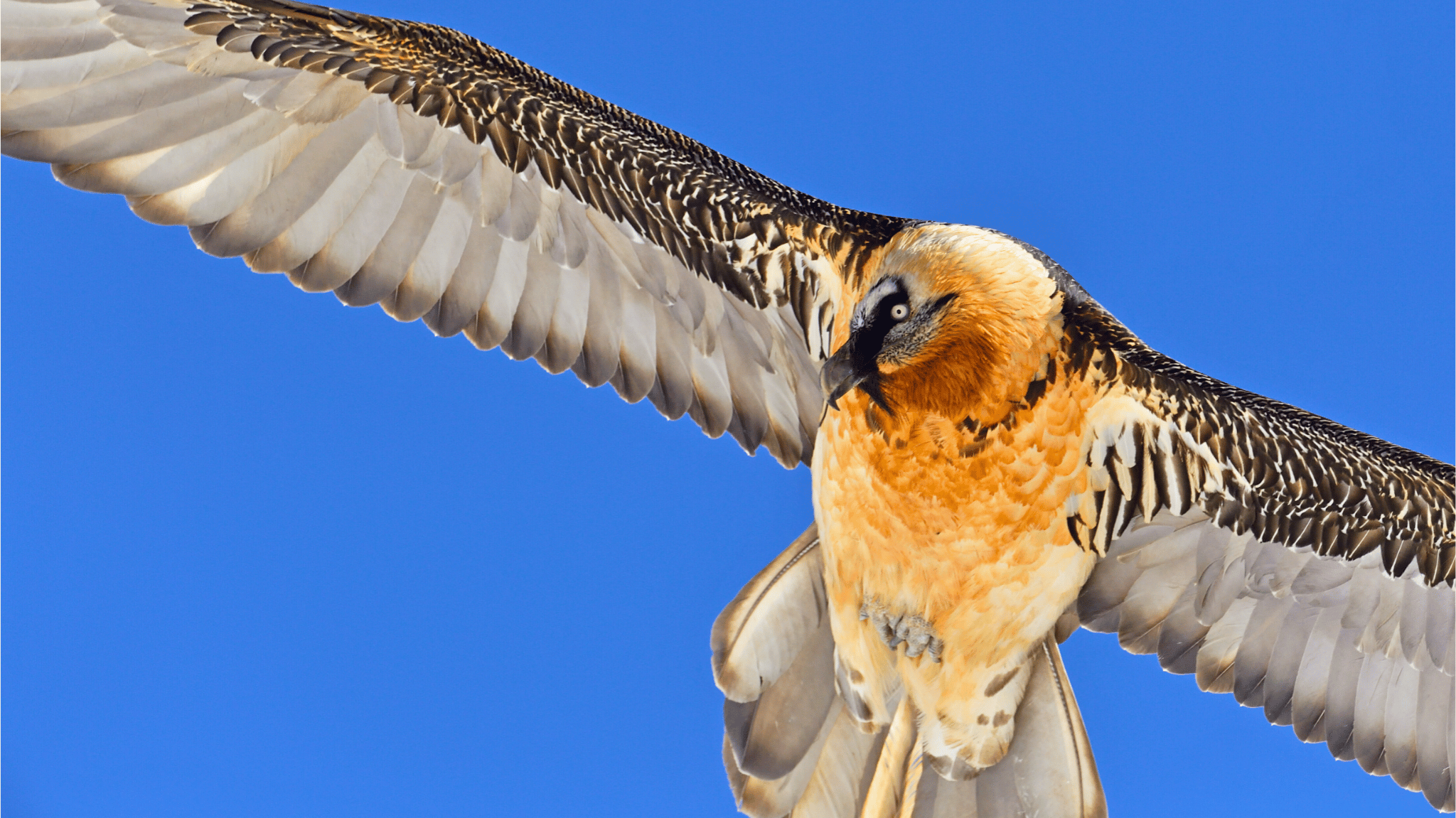
The LIFE GYPRESCUE project aims to prevent the extinction of the Bearded Vulture in Corsica by boosting natural reproduction and increasing the carrying capacity of the species while avoiding its mortality. The project is set to run from 1st October 2021 to 30th June 2025, with Parc naturel régional de Corse (PNRC) as the project leader and the Vulture Conservation Foundation (VCF), Ligue pour la Protection des Oiseaux (LPO), Direction des systèmes énergétiques insulaires and Fédération des Chasseurs de la Corse du Sud as associated beneficiaries.
The project aims to implement different actions that help achieve the primary objective. To reinforce the population and secure the existing population, the project will harvest eggs to secure genetics, increase the efficiency of artificial feeding, correct dangerous power lines, and raise awareness of different stakeholders, among other actions.
Reinforcing the local population
The monitoring of the Bearded Vulture population in Corsica has revealed a problem of population renewal and decline, which prompted the need to reinforce the population. The project plans to release at least four juvenile captive-bred Bearded Vultures, two males and two females, in Corsica to increase the genetic variability of the wild population.
Securing the genetics of the Corsican Bearded Vulture
The ex-situ conservation action aims to preserve the genetic information of the population by integrating Corsican individuals into the Bearded Vulture Captive Breeding Network (Bearded Vulture EEP). The project will collect eggs from wild nests, artificially incubate them and naturally rear chicks to pair them with Corsican Bearded Vultures in the EEP network and get descendants. The VCF will coordinate the Bearded Vulture EEP, and the PNRC will monitor breeding pairs in Corsica to determine the date of laying and egg collection.
Improving food availability
The Bearded Vulture faces a significant challenge in Corsica due to the decrease in the number of wild ungulates, such as the Corsican mouflon, which is their preferred food source. With the decline in the wild ungulate population, the Bearded Vulture is struggling to find enough food to survive and reproduce. The project team will create new artificial feeding sites and continue to provide food at existing ones, while also promoting pastoralism and supporting livestock farmers to increase the availability of livestock carcasses. Additionally, the team plans to release captive-bred mouflons into the wild to increase the number of herds.
Reducing the risk of poisoning
To reduce the risk of poisoning and intoxication, the project will address the issue of ingesting or being in contact with poison baits or laced carcasses, which can result in death. The project will develop awareness-raising campaigns among farmers, livestock breeders, hunters, hikers, and other mountain stakeholders to ensure they understand the dangers of using poisonous baits.
Mitigating collision and electrocution
Preventing collision and electrocution risks is crucial to the survival of the Bearded Vulture in Corsica. The project strives to avoid any Bearded Vultures mortality from electrocution or collision with power lines by identifying dangerous power lines, mitigating or removing collision risks, and equipping power lines with bird protection systems to prevent the death of the Bearded Vulture.




